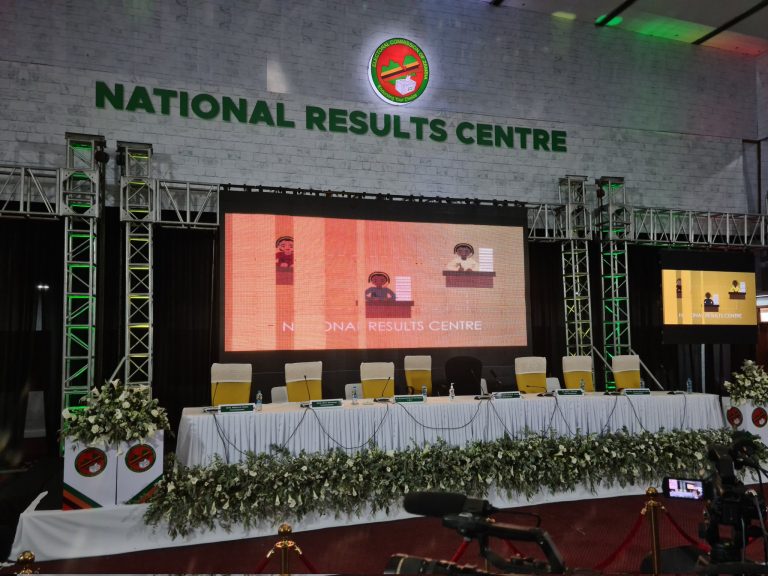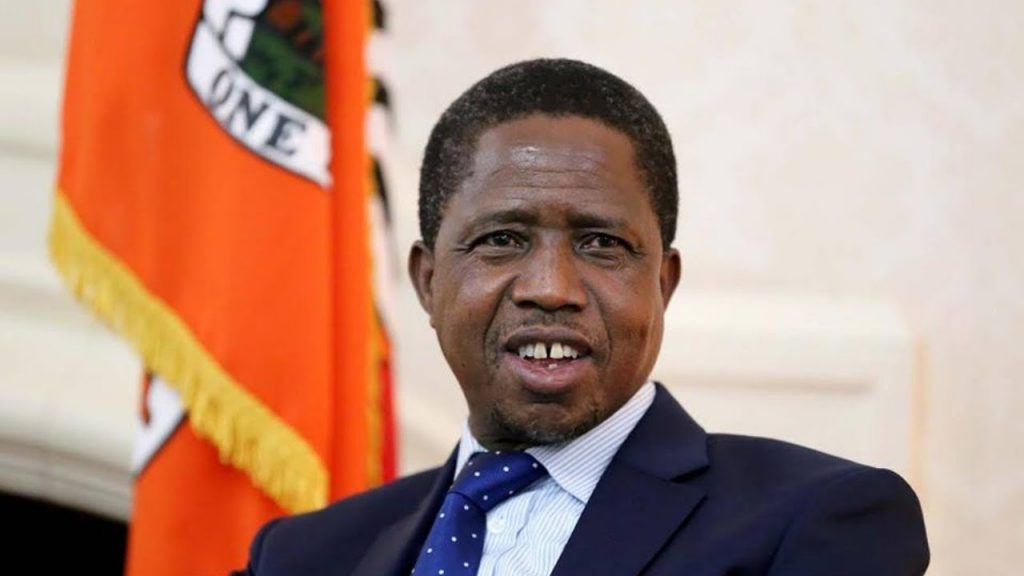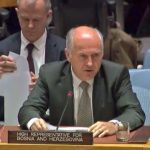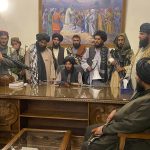There are indications possible post-electoral conflict will undermine democracy in the country with the population of 18,9 million, over 8 million of them eligible to cast their votes.
Zambia’s 2021 general elections winner will face two key challenges: reviving the country’s democratic credentials and economy boost. Success of these two goals will depend on whether the new administration focuses on at least four priorities such as: trust bridge building with the international financiers, corruption fighting, curtailing the dominance of the executive branch of government, and ending the reign of terror by political party vigilantes.
On August 12, 2021 Zambians elected the president, 156 members of parliament and 117 district council leaders.
The two clear front-runners – from a pack of 16 candidates – are incumbent Edgar Lungu (the ruling Patriotic Front (PF) and Hakainde Hichilema (the opposition United Party for National Development (UPND).
Edgar Lungu, who has been president since 2015 after his predecessor Michael Sata died in office, is running for a controversial third term that opponents argue is unconstitutional since he has already been elected twice, in the 2015 and 2016 general elections. Thus some civil society groups and constitutional lawyers argue that Lungu is not eligible to stand as he has served two terms in office.
The electoral playing field has largely been skewed in favour of the ruling party (PF) as opposition parties have faced a myriad of restrictions, harassment, and intimidation. The ruling party has alienated the urban youth and middle classes because of its repression of civil society, and surveillance on the University of Zambia campus.
It is Hichilema’s sixth attempt to secure the presidency. In the 2015 presidential by-election, President Lungu beat Hichilema by just 1.68%. In 2016, he scraped over the line in the first round with 50.35%. Hichilema, who received 47.63%, filed an ultimately unsuccessful petition calling for the election to be nullified, citing irregularities and allegations of fraud. Hichilema’s strongholds are in Nyimba, Lukulu District (Zambia’s west).
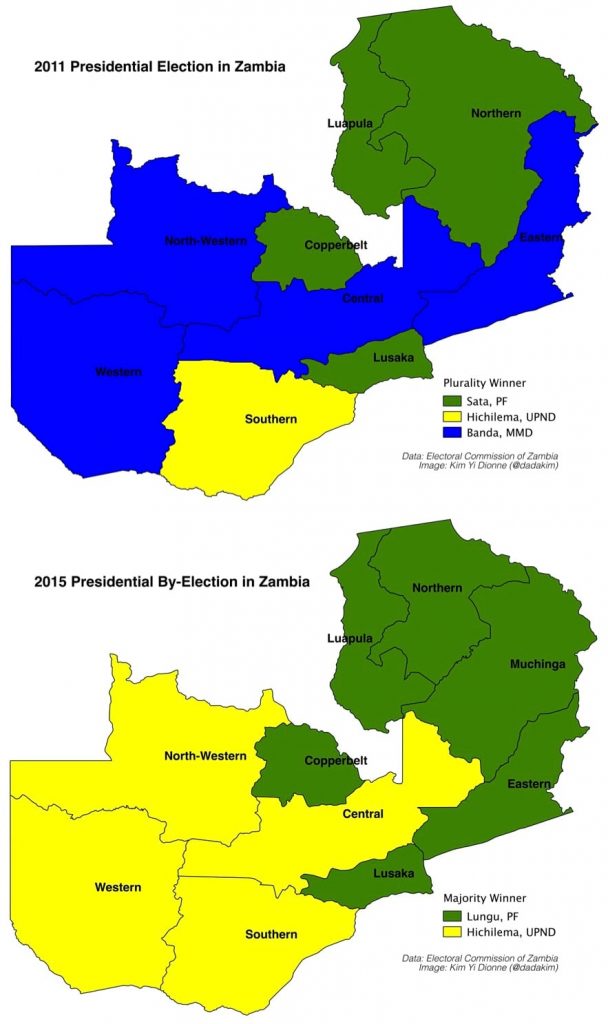
In addition, just like during two last presidential elections, the results in 2021 are again too close to call.
This time the run-up to the polls has been characterised by accusations that the voters’ register has been manipulated to disadvantage strongholds of the main opposition party.
In June Hichilema made it clear he believed he would win if there was a level playing field. ‘In a free, fair and credible election, [Lungu] has no chance’, he said. However, he also claimed that he did not see this election as free and fair.
Such statement could also explain the last chance for Hichilema to run for the President. It’s likely and he has already mentioned that he will step down from the leadership of the UPND if he loses the 2021 election. So, he will seek to win in order to prevent his political career end on a very low note.
Opposition will insist that the violence perpetrated by ruling party members backed by the police. In the run-up to elections, the media has reported about several instances of violence. Most of these incidents are started by PF activists attacking members of the opposition, especially the UPND.
Real-time network data during election-day confirm that besides WhatsApp, social media and messaging platforms including Twitter, Facebook, Instagram and Messenger are restricted in Zambia.
There is also critics for selective application of the Public Order Act. This colonial-era legislation was supposed to have been expunged from the statute books. Instead, it is used to restrict opposition activities such as public meetings, rallies, and demonstrations. The opposition has repeatedly complained that its election campaign has been hampered by the government such as blocking from traveling to certain regions. Police have regularly blocked or restricted the movements of opposition parties.
While the PF has been allowed to campaign continuously since 2016, the opposition members are subjected to arrests and harassment during meeting supporters. Hichilema has been detained 15 times, including from April to August 2017.
The Electoral Commission compiled a new voter register in 38 days at the end of 2020. The result of this process is that the number of registered voters in areas considered to be PF strongholds (Lusaka and cities in the Copperbelt Province) is estimated 345,000 higher than before, while the size of the electorate in perceived UPND strongholds is 70,000 lower.
Some media claim there were 20,000 illegally registered Malawians on the roll who have been bribed to vote for the ruling party. The discrepancy has also been allegedly detected between the physical register and the electronic register, whereby 420,000 voters cannot be accounted for.
The authorities introduced biometric verification to process voters at polling stations with high turnouts. This scheme was hatched late in the electoral cycle and has been widely condemned as it appears to be aimed at reducing numbers of voters especially in areas likely to support the opposition.
During the final days of the campaign, President Lungu ordered the army to help the police maintain law and order after several acts of violence. Supporters of the government and the opposition – armed with machetes, axes, knives and slingshots –have repeatedly clashed in various parts of the country since campaign started in May.
The next day after army deployment, the Electoral Commission banned the UPND from engaging in campaign activities in Kanyama.Opposition parties and other groups condemned the deployment of the military as unwarranted. Some accused the military has been mobilised in anticipation of violence in case of a disputed result.
If President Lungu and the PF win convincingly, it is possible to avoid serious protests. However, if the results are nearly the same and one side disputes them – whether in the first round or after that would be Zambia’s first ever second-round run-off – there may be unrest and protests that could turn violent.
The opposition has repeatedly complained that its election campaign has been hampered by the government such as blocking from traveling to certain regions.
Once Zambia was considered as one of the democracy models on the continent. Today, the country is experiencing worsening poverty, hunger, and economic and ethnic inequalities compared to five years ago, according to the pan-African analysis and opinion research institute Afrobarometer. For the typical Zambian voter, who has a low-paid job or is employed in the informal sector, the election is all about the economy. Despite some positive developments have taken place during Lungu’s rule, mainly, in infrastructure (road building), household indicators, poverty and employment were deteriorated.
Last year Zambia became the first African country to default on its debt in the COVID-19 pandemic and entered debt rescheduling negotiations with the International Monetary Fund (IMF). As Zambia announced in May. The government’s shift towards sovereign financing and Chinese loans since 2012 severely compounded the debt crisis. There has been a lack of transparency about the Chinese loans. It has been made worse by concerns about corruption in the use of Eurobond funding for large-scale infrastructure projects. Corruption has become endemic under Lungu. Thus, Lungu’s government attempted to remove legislative oversight over contracting public debt via a failed constitutional reform known as Bill Number 10. First introduced in mid-2019, the bill’s reducing the National Assembly’s powers to impeach the president.
At this elections China supports Lungu while hoping to enhance economic and political influence in this country. Zambia’s new Chinese-funded airport terminal was an apt backdrop for President Lungu to begin his final week of campaigning before tomorrow’s tight general election.
Chinese financial support stimulates more corrupted Zambian authorities. So, in case of Lungu’s victory the country could slide to the time of deeply corrupt president – Frederick Chiluba in early 2000s.
Lungu and his team are seeking to win in order to escape possible prosecution. All of Zambia’s former presidents, aside those who died in office, have faced trials after leaving office and Lungu is already facing accusations concerning the sources of their wealth. The solution is to remain in power for as long as possible or until a pliant successor can be installed.
In conclusion, there are three possible scenarios of these elections:
- incumbent President Edgar Lungu and his Patriotic Front (PF) party will win Zambia’s August 2021 general election.
- Strong incumbency advantages, a narrowing political space, and higher voter registration in the PF’s strongholds will give the ruling party a clear edge over the opposition with possible tensions in the country.
- Lungu’s and the PF’s re-election will leave after tensions start and the authorities will use force to control the situation.


